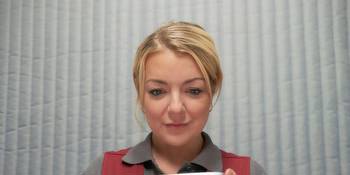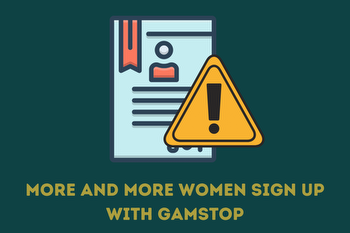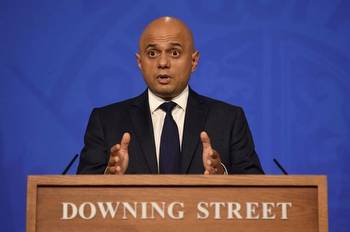Up to 1 million women in UK at risk of harm from gambling, study finds
Up to a million women are at risk of being harmed by gambling, according to a study that found that traffic to online casino and bingo sites popular with women peaks in the winter months.
While gambling addicts are disproportionately male, the number of women seeking treatment has doubled in the past five years, up from 1,134 in 2015-16 to 2,423 in 2020-21.
But the great majority of them do not seek treatment, according to the gambling charity GambleAware, with two in five unwilling to do so due to stigma and embarrassment.
Women often avoid seeking help despite being more likely than men to report mental health difficulties caused by gambling, such as stress or anxiety, GambleAware found.
The rise in female gambling addiction has on smartphones, rather than needing to access traditionally male-dominated environments such as bookmakers.
According to a study that GambleAware will publish later this year, 1 million women are now deemed to be at risk of suffering harm, with the danger particularly acute during winter.
Visits to gambling websites with a majority female customer base – such as online bingo – typically rise by 29% between December and March, the charity said.
The charity is responding with an advertising campaign, launching today, which highlights warning signs such as losing track of time, spending unaffordable sums and hiding gambling from friends and family.
Jemima, whose name has been changed at her request, said her online gambling escalated when she became a mother and found her support networks lacking. “I became a mum at a young age, and that’s when I found online gambling. I saw it as my ‘me’ time – time to close off from the world around me,” she said.
“I could do it anywhere – standing in the supermarket queue, waiting for my son to come out of school. I never switched off. Being women who gamble, we do sometimes face a unique stigma – especially in this day and age when you’re expected to do it all. It’s incredibly helpful to see more and more women coming forward to share their stories, and I hope it will help empower others to do the same.”
Liz Karter, a leading UK expert in gambling addiction in women and a gambling addiction counsellor, said: “Gambling behaviours manifest themselves differently in women than men. For example, we know the easy availability of online gambling leads many women to games which appear innocent and socially acceptable. The games seem safe and familiar, as they are so similar to the free-play digital games we are all now used to playing. In addition, the hopes of financial gains can prove a powerful motivator.”
The government is expected to publish proposals to tighten up gambling regulation within the next two months, amid mounting calls for a tougher regime.





































